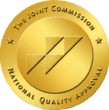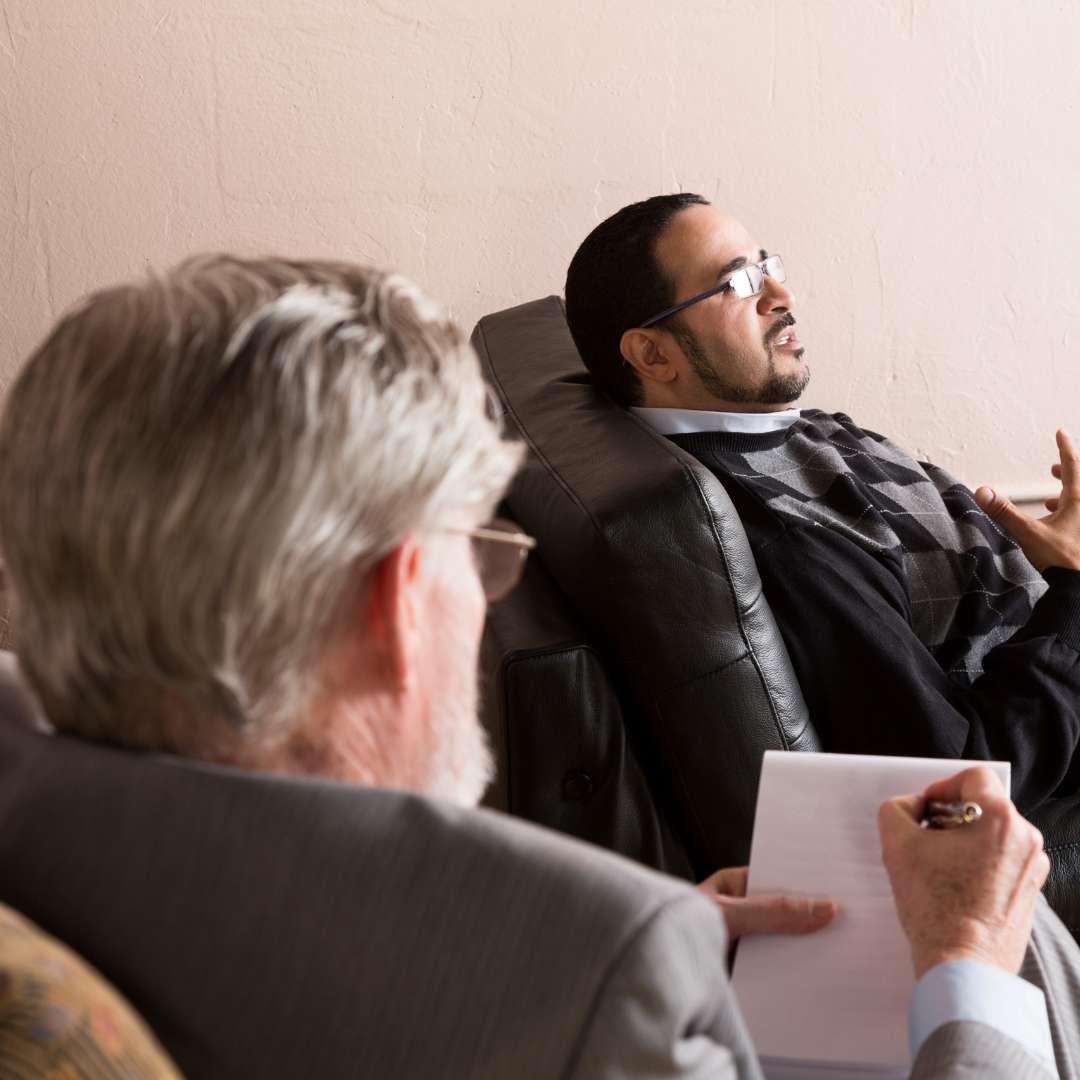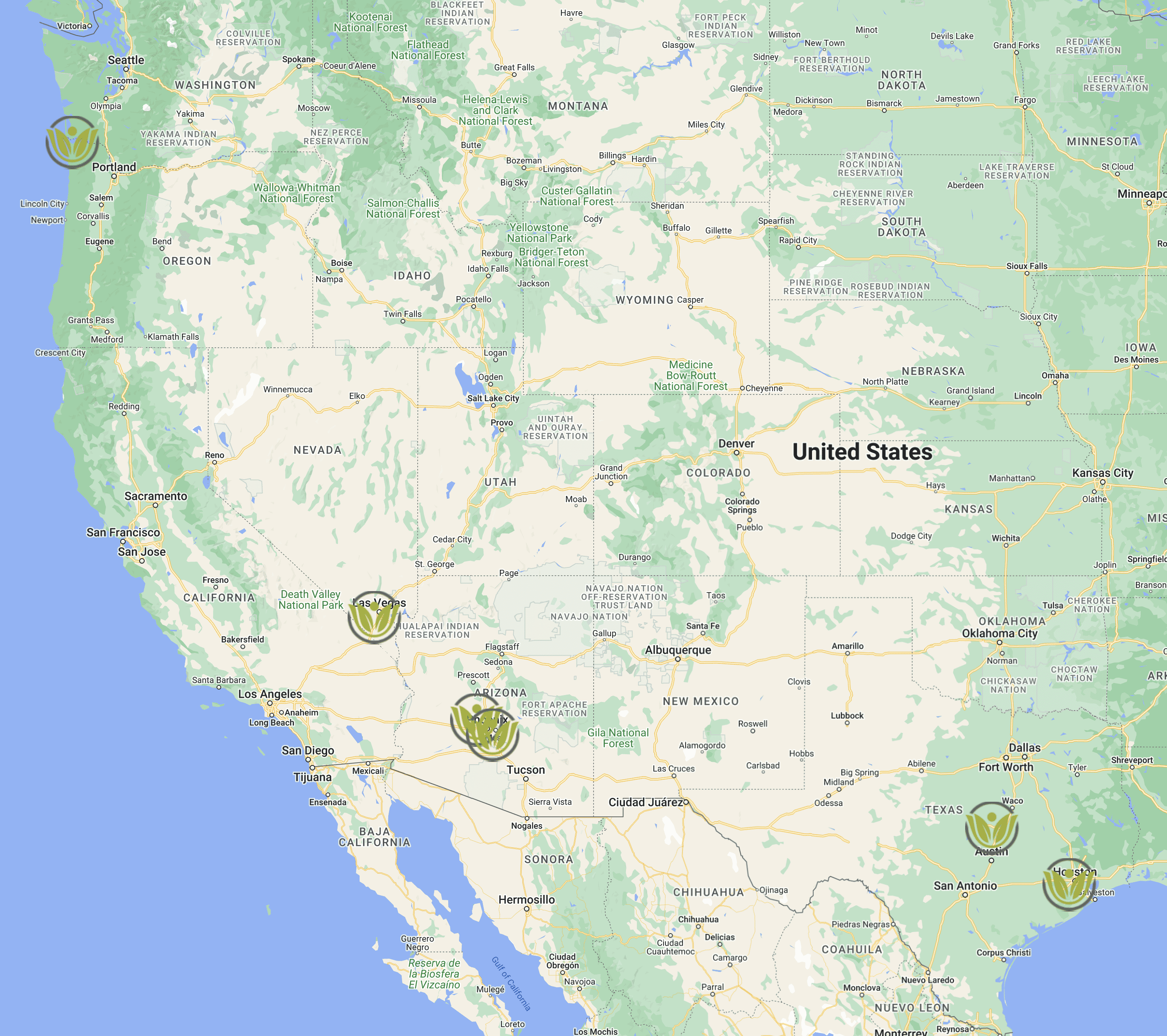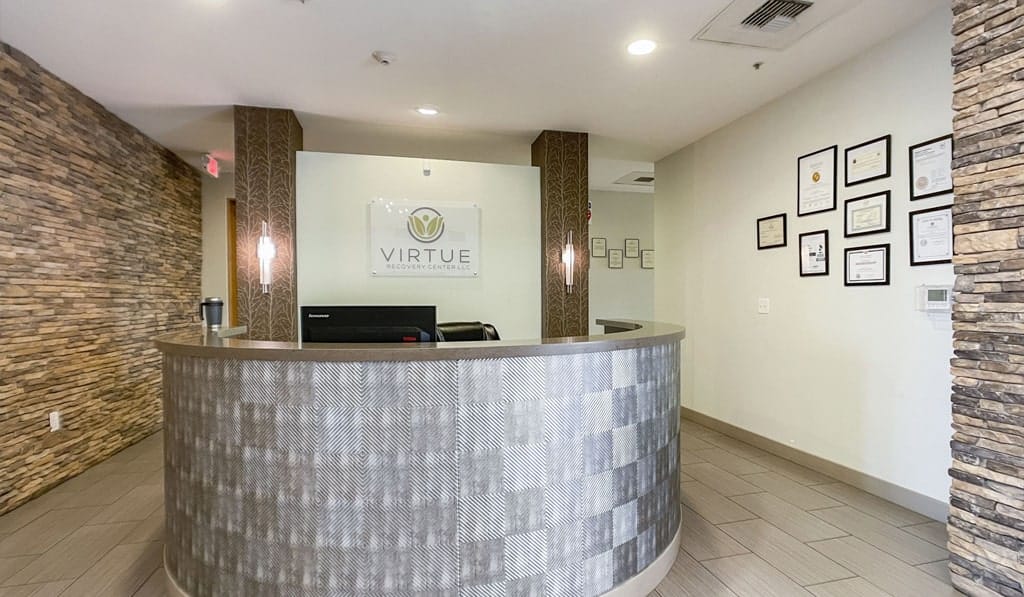What Happens in a 6-Month Rehab Program?
The structure and content of a 6-month rehab program may vary depending on the rehab center's philosophy, your needs, and any specialized treatment offered. However, when you enter a 6-month rehab program, the first step is a thorough assessment. This helps the treatment team understand your specific needs, challenges, and goals to create a personalized treatment plan.
For those requiring it, a detox phase may be necessary at the program's start to safely withdraw from substances. This phase focuses on managing withdrawal symptoms and ensuring physical stabilization.
Individual therapy is a core component of long-term rehab programs. With the help of a licensed therapist or counselor, you can explore underlying issues, develop coping strategies, and work towards personal growth and healing.
Group therapy sessions provide a supportive environment for you to connect with peers going through similar experiences. These sessions offer opportunities for sharing and discussing challenges, learning from others, and building interpersonal skills.
Family therapy sessions or educational workshops may also be offered to involve and gain support from your loved ones. These sessions help address family dynamics, enhance communication, and provide a supportive environment for healing and rebuilding relationships.
Various evidence-based therapies, like Cognitive Behavioral Therapy (CBT), Dialectical Behavior Therapy (DBT), and Motivational Interviewing (MI), may be utilized to address destructive thought patterns, develop healthy coping mechanisms, and promote positive behavior change.
The rehab program will incorporate specialized dual diagnosis treatment if a co-occurring mental health disorder exists. This approach simultaneously addresses substance use disorder (SUD) and mental health conditions to achieve comprehensive recovery.
Rehab programs often provide patients with practical skills to support the recovery journey. This may include education on relapse prevention, stress management techniques, communication skills, problem-solving, and healthy lifestyle habits.
To promote overall wellbeing, many long-term rehab programs integrate holistic approaches, including yoga, meditation, mindfulness practices, art therapy, equine therapy, outdoor activities, and other complementary therapies.
Finally, a 6-month rehab program typically includes a comprehensive aftercare plan to support you as you transition back to your daily life. This may involve referrals to outpatient therapy, support groups, alumni programs, sober living arrangements, or other community resources.


















